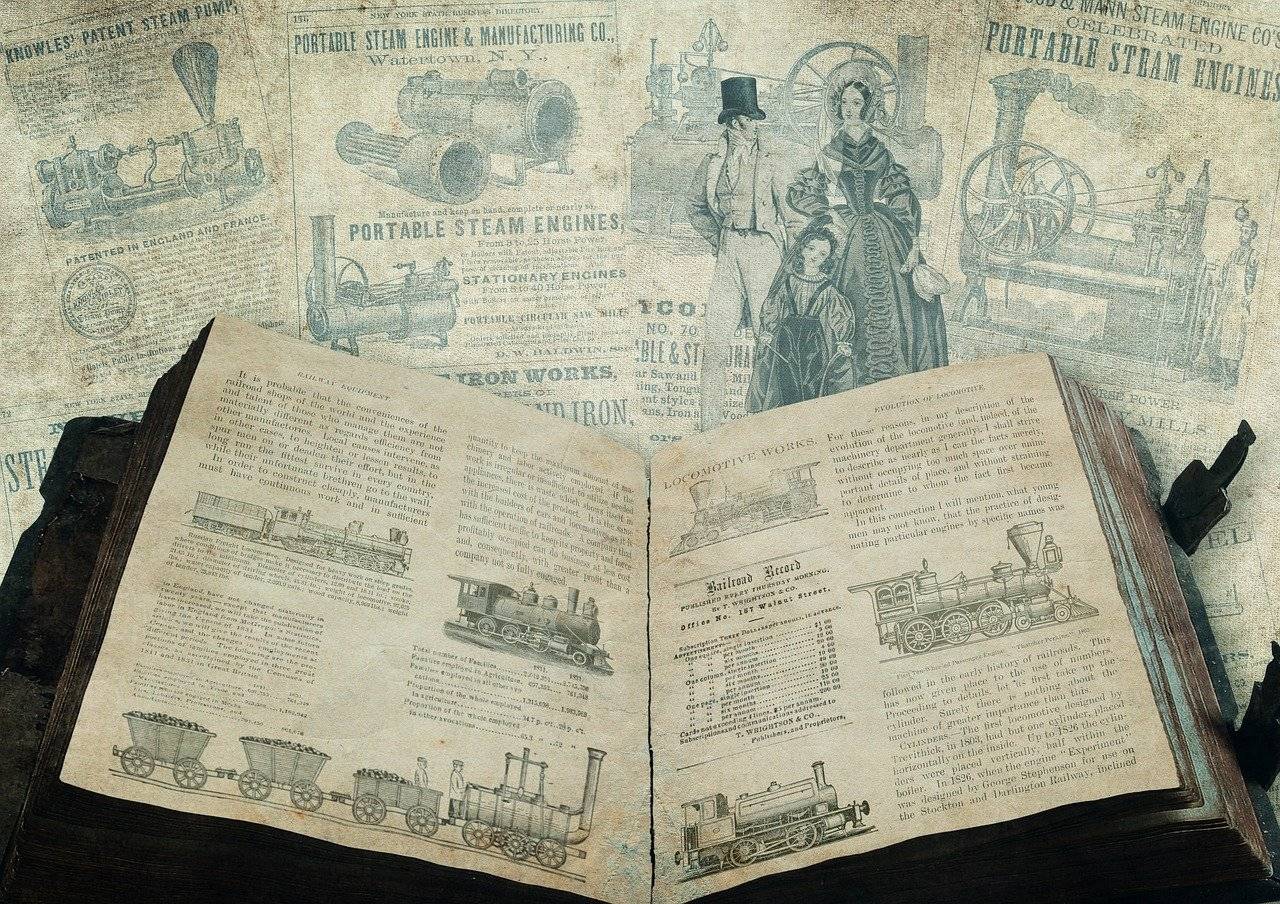Patent trolls are organizations that aggressively defend patent libraries without manufacturing products of their own, which is why they are often referred to as Non Practicing Entities (NPEs) or Patent Assertion Entities (PAEs). These NPEs hardly contribute to research and development through innovation since they are rarely the original innovators. Moreover, the NPEs own patent libraries by buying inventions and patents cheaply from individual inventors and small entities who are not seeking to enforce them and licence the acquired patent technology for commercial gains.
Patent trolls often make broad claims of infringement based on their patents of questionable validity, taking advantage of the fact that risky and expensive patent litigation forces defendants to settle for quite higher costs. The settlement cost even though high is comparatively cheaper than patent litigation cost which involves higher patent attorney fees. The outrageous nature of patent litigation is risky and expensive and the patent trolls offer settlement amounts that, although incredibly burdensome, are cheaper than a lawsuit, whose costs may often go into the millions of dollars. The patents they assert are written so broadly and vaguely as to cover a multitude of potential uses. They exploit weaknesses in the patent application and review processes and use the threat of litigation to extract profits from unsuspecting targets.
The patent trolls seem more predominant in countries like US where the Courts follow the ‘American Rule’ that asks the parties involved in the law suit to bear their own expense of litigation as opposed to the ‘English Rule’ which asks the party who loses in court to pay the other party’s attorney fee. Thus, with the American rule being followed, the patent trolls have not much to lose during a patent infringement case filed by the NPE even if the defendant is successful in invalidating the broadly claimed patent. One of the reasons the U.S. patent system works in the favour of the patent trolls is the relative unavailability of compulsory licensing. Most trolling activity is observed in the field of software patents. However, to the disappointment of the patent trolls, on the basis of the decision arrived at in “Alice v/s CLS bank”, many software patents in US are held invalid. For example, a patent asserted to Intellectual Ventures (looked upon as a major patent troll) against Capital One was killed by Alice/101 as can be seen in an order by THE UNITED STATES DISTRICT COURT,FOR THE DISTRICT OF MARYLAND, Southern Division on 4th day of September, 2015.
Patent law in many other jurisdictions provides for the establishment of a compulsory license where a patent holder does not exploit the technology disclosed in a patent and unreasonably refuses to grant licenses to practice the patent to other parties. In India, the domestic working of patent and reasonable period requirements and compulsory licensing have made the Indian system a bit humpy for the patent trolls. Working of patents and compulsory licensing in India were discussed in Dr. Kalyan’s and Mr. Somshekhar’s post earlier. The “Working of Patents” requirement plays a critical role in checking strategies used in the patent field such as blocking new technologies, trolling, submarining, etc. However, Intellectual Ventures, which are a major part of the patent trolls, have already begun their operations in India by purchasing patents or obtaining licenses for patents granted to major research institutes. These institutes are readily providing their research to such companies mostly due to lack of funds within the institution or lack of full-fledged patent commercialization departments within the institute. The lack of proper funding and the need to have to approach a third party such as the Intellectual Ventures is a cause for concern. Although it is too early to come to a definite conclusion, it is but a game of ‘wait and watch’ to understand the intentions of the Intellectual Ventures, which will be clearer based on how they utilize these licences.
Authored by Sanjeevani Patil.
Contributed by Electronics, Software and Telecommunications team of BananaIP India
For further information on Electronics, Software and Telecommunications Patent law in India, write to [email protected]



